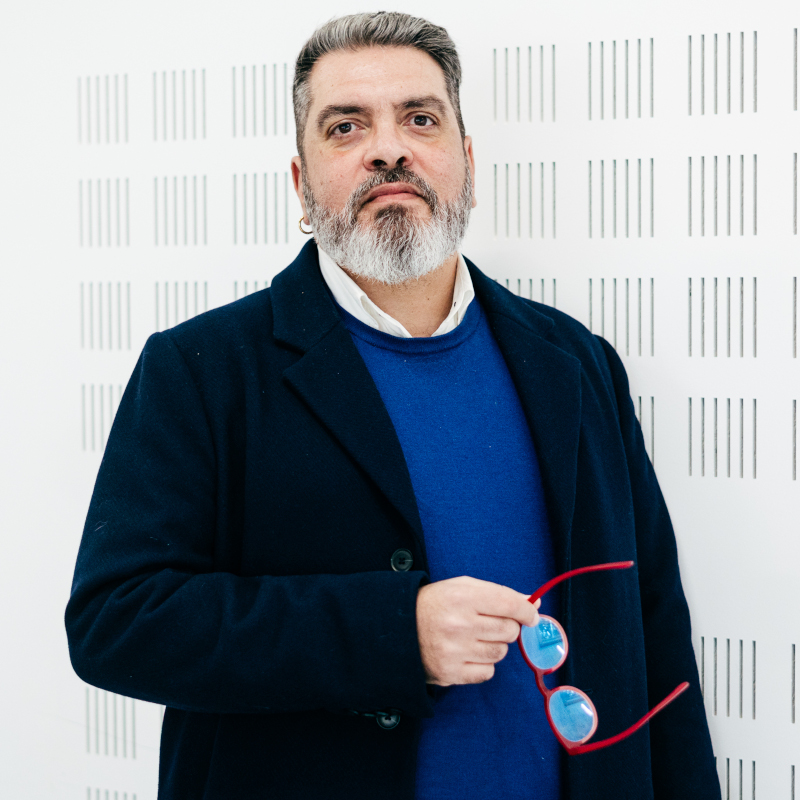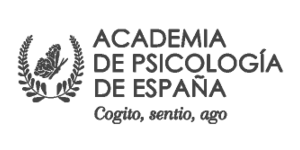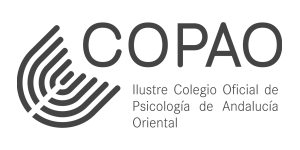Speaker

JORGE GATO
UNIVERSITY OF PORTO. PORTUGAL
Jorge Gato, Ph.D. is affiliated with the Center for Psychology of the University of Porto (CPUP). He is a researcher specializing in the intersection of clinical and social psychology, with his work focusing on the impact of discrimination on the well-being of socially vulnerable groups, such as LGBTQIA+ individuals and migrants. Throughout his career, he has worked in a branch of psychology that explores the lives and experiences of LGBTQIA+ people (lesbian, gay, bisexual, trans, queer, and other sexual and gender minoritized individuals). Although LGBTQ+ psychology is concerned with sexuality, it has a broad application, examining many different aspects, including prejudice and discrimination, coming out and identity development, relationships, parenting and families, aging and old age, or affirmative psychological interventions.
He is particularly interested in the development and evaluation of individual, family, and community-based psychological interventions for these populations. He is the author of more than 80 scientific papers and two books, the most recent of which is on psychological interventions with LGBTQIA+ individuals. He has supervised 3 doctoral dissertations and more than 30 master’s theses, and has participated in several funded research projects on minoritized populations. In addition to his research, he is a licensed psychotherapist and family therapist. He currently serves as President-Elect of the European Society on Family Relations. He is a member of the technical-scientific group of the Commission for Citizenship and Gender Equality in Portugal. He is committed to social change, with an active presence in the media, volunteer work with NGOs, and collaboration with Portuguese government agencies.
From minority stress to minority joy: discrimination and protective factors among LGBTQIA+ adolescents

The implementation of equality laws and inclusive policies in numerous countries has led to increased visibility and a more favourable social climate for individuals from sexual and gender minority groups. However, stigma persists, and concerns regarding the well-being of LGBTQIA+ (lesbian, gay, bisexual, transgender, queer, intersex, asexual, or other minoritized sexual and gender identities) individuals at all stages of life have prompted a significant body of research. The detrimental impact of stigma on the mental health and overall well-being of LGBTQIA+ adolescents has been extensively documented. In this context, minority stress theory has offered significant insights into the way prejudice and discrimination adversely affect the mental health of adolescents with minoritized sexual and gender identities. From an ecological perspective, prejudice and discrimination manifest at various levels of the ecosystem, including the family, educational institutions, and the broader societal context characterized by the delivery of services. These influences are further compounded by existing legal frameworks, cultural values, and practices. However, the factors that contribute to mitigating the impact of adversity and promoting positive experiences in this population within all levels of the ecosystem remain less well understood.
Resilience, defined as the ability to cope with adversity, is not a trait that individuals can independently develop; rather, it is influenced by the availability and accessibility of external resources, as well as by an individual’s ability to utilize these resources in times of risk. While the impact of stigma on the lives of LGBTQ+ adolescents remains a crucial area of research, there is an emerging body of literature highlighting the importance of studying positive experiences. The objective of this symposium is to provide a more nuanced understanding of the role of risk and protective factors in the lives of LGBTQIA+ adolescents.












